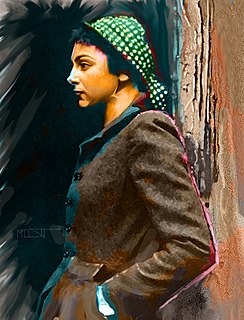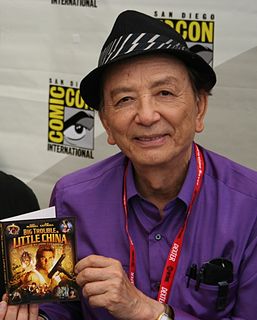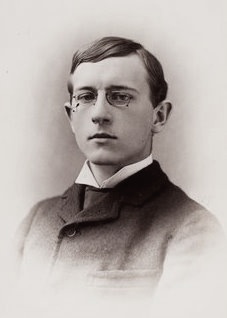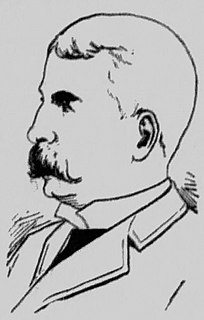A Quote by A. C. Bradley
Such exceptional suffering and calamity, then, affecting the hero, and-we must now add-generally extending far and wide beyond him, so as to make the whole scene a scene of woe, are an essential ingredient in tragedy and a chief source of the tragic emotions, and especially of pity. But the proportions of this ingredient, and the direction taken by tragic pity, will naturally vary greatly.
Related Quotes
Tragedy is an imitation not only of a complete action, but of events inspiring fear and pity. Such an effect is best produced when the events come on us by surprise; and the effect is heightened when, at the same time, they follow as cause and effect. The tragic wonder will then be great than if they happened of themselves or by accident; for even coincidences are most striking when they have an air of design.
Pity is for this life, pity is the worm inside the meat, pity is the meat, pity is the shaking pencil, pity is the shaking voice-- not enough money, not enough love--pity for all of us--it is our grace, walking down the ramp or on the moving sidewalk, sitting in a chair, reading the paper, pity, turning a leaf to the light, arranging a thorn.
What a pity that Bilbo did not stab that vile creature, when he had a chance!' Pity? It was Pity that stayed his hand. Pity, and Mercy: not to strike without need. And he has been well rewarded, Frodo. Be sure that he took so little hurt from the evil, and escaped in the end, because he began his ownership of the Ring so. With Pity.
































